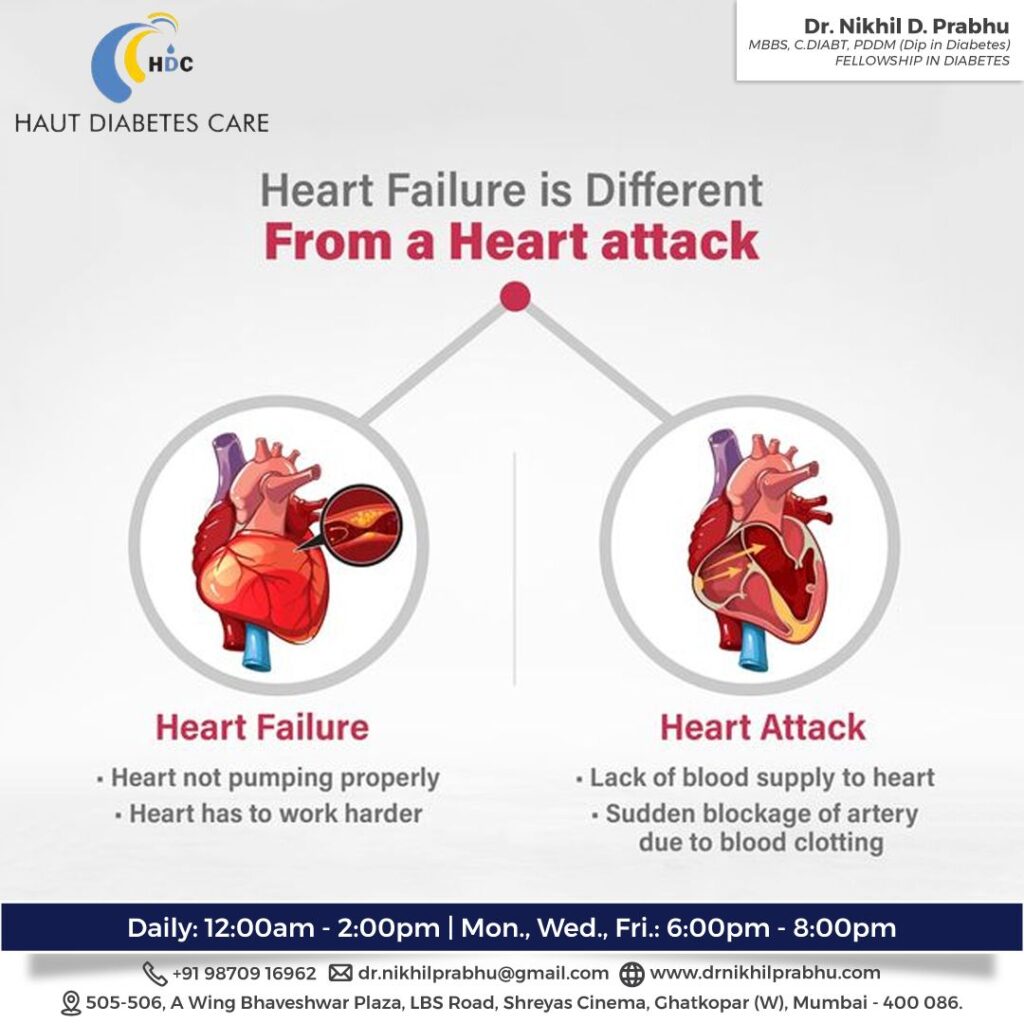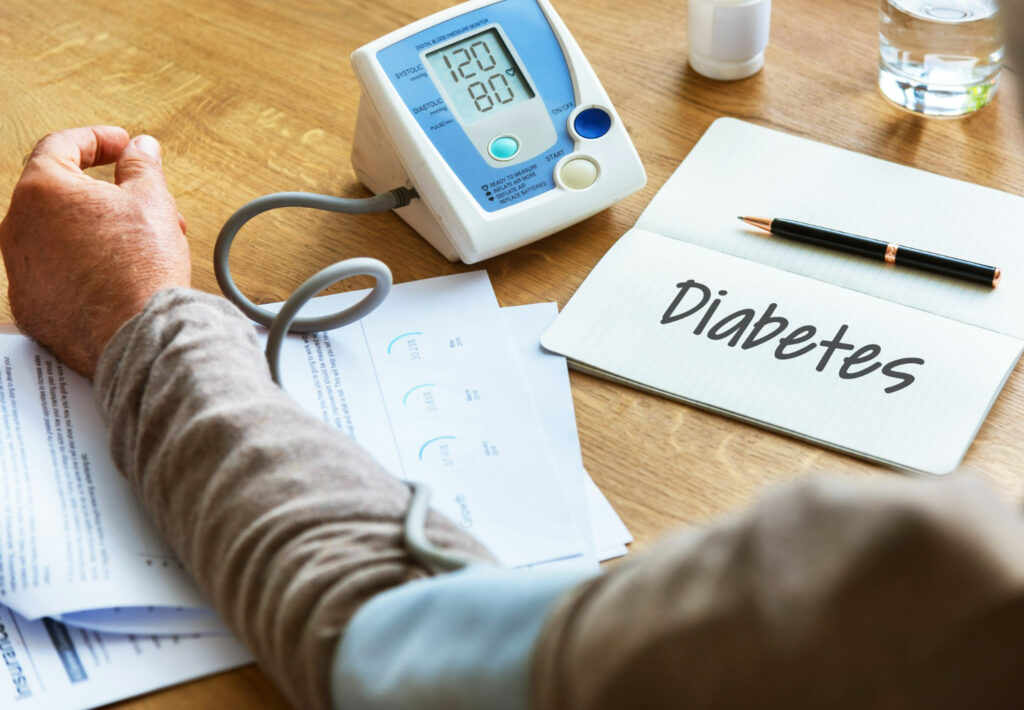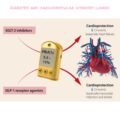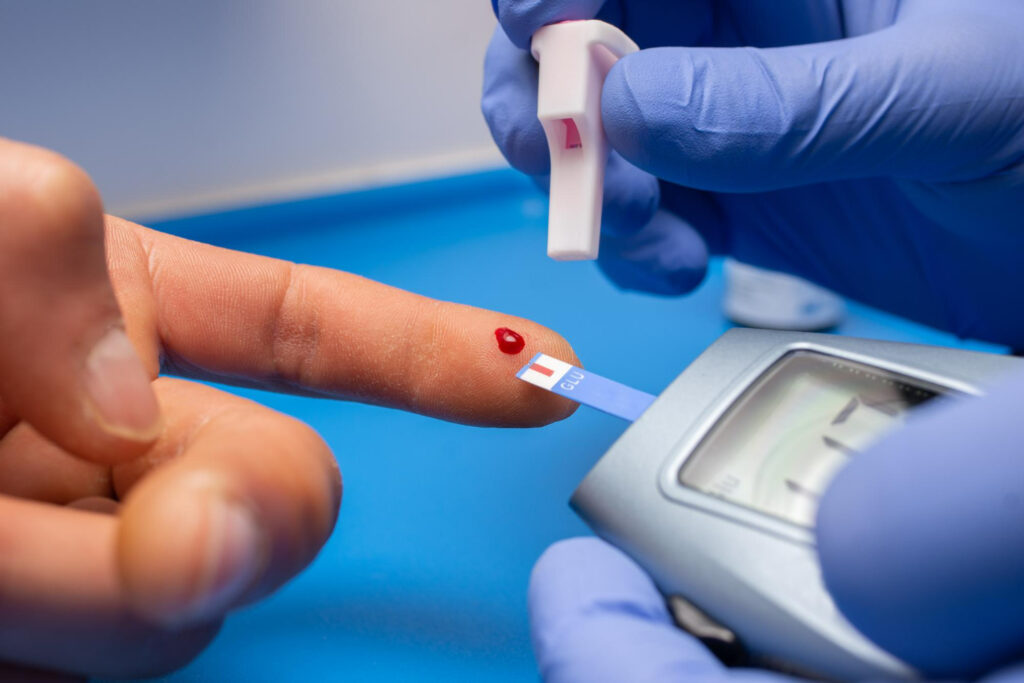Diabetes mellitus is a chronic metabolic disorder characterized by high blood sugar levels caused by insufficient insulin production or impaired insulin action. It affects millions of people worldwide and is a major health concern. While lifestyle factors such as diet, exercise, and obesity are important in the development of diabetes, genetic factors are also important. Read on to explore the science behind the genetic basis of diabetes and how certain genetic factors contribute to the development of this condition.
Understanding Diabetes and Its Types
Before delving into the genetic factors, it’s essential to understand the two main types of diabetes: Type 1 and Type 2.
Type 1 Diabetes:
Type 1 diabetes, also known as juvenile diabetes, usually develops in childhood or early adulthood. It is an autoimmune disorder in which the immune system attacks and destroys insulin-producing beta cells in the pancreas. As a result, the body produces little to no insulin, resulting in hyperglycemia. The role of genetic susceptibility in the development of Type 1 diabetes is critical.
Type 2 Diabetes:
Type 2 diabetes is the most common type and is primarily associated with lifestyle factors such as obesity, sedentary behavior, and poor dietary choices. However, genetics also plays a role in Type 2 diabetes, as certain genetic variants can increase the risk of developing the condition.
Can You Inherit Diabetes?
Family and twin studies have provided substantial evidence supporting the heritability of diabetes. Individuals with a family history of diabetes are at a higher risk of developing the disease. While genetic factors do not solely determine the onset of diabetes, they interact with environmental factors to increase the chance of getting it.
The Genes Involved in Type 1 Diabetes
- Human Leukocyte Antigen (HLA) Genes:
The HLA genes, located on chromosome 6, encode proteins responsible for regulating the immune system. Certain HLA variants, such as HLA-DR3 and HLA-DR4, are associated with an increased risk of Type 1 diabetes. These variants are thought to influence immune responses and increase autoimmune attacks on insulin-producing cells.
- Insulin Gene (INS) and Cytotoxic T-Lymphocyte Antigen 4 (CTLA-4) Gene:
The INS gene encodes insulin, and specific variants may affect insulin production. On the other hand, the CTLA-4 gene is involved in regulating immune responses.
The Genes Involved in Type 2 Diabetes
- Transcription Factor 7-Like 2 (TCF7L2) Gene:
The TCF7L2 gene plays a crucial role in beta cell function and insulin signaling. Certain variants of this gene impair insulin secretion and reduce the blood sugar response to insulin.
- Peroxisome Proliferator-Activated Receptors (PPARs):
PPARs are a group of genes involved in regulating glucose and lipid digestion and usage in the body.
- Melatonin Receptor 1B (MTNR1B) Gene:
The MTNR1B gene encodes a receptor involved in the regulation of the sleep hormone melatonin. Variants of this gene have been associated with impaired insulin secretion and an increased risk of Type 2 diabetes.
External Factors That Affect Your Diabetes Genes:
In addition to genetic variations, epigenetic modifications (changes in gene activity due to external factors) can influence gene expression and increase diabetes risk. Epigenetic changes are alterations in gene activity that do not involve changes in the underlying DNA. Environmental factors such as diet and lifestyle can induce epigenetic modifications that contribute to diabetes development.
How Can I Prevent Diabetes When I am Genetically Prone To It?
Preventing the onset of diabetes is essential for maintaining good health and reducing the risk of developing this chronic condition. While genetics can play a role, lifestyle choices have a significant impact on diabetes risk. Let us see how to prevent diabetes from starting in the first place:
- Weight Management:
Being overweight or obese is a significant risk factor for diabetes, particularly Type 2 diabetes. Achieving and maintaining a healthy weight through a balanced diet and regular exercise can help reduce the risk. Focus on portion control, include plenty of vegetables and fruits in your diet, and limit high-calorie and sugary foods.
- Engage in Regular Physical Activity:
Regular exercise, yoga, Zumba, pilates, or simply daily physical activities is crucial for preventing diabetes. It improves insulin sensitivity, helps maintain a healthy weight, and lowers blood sugar levels.
- Choose Whole Grains and Fiber-Rich Foods:
Opt for whole grains like brown rice, whole wheat, quinoa, and oats instead of refined grains. Whole grains are rich in fiber, which slows down the absorption of sugars and helps regulate blood sugar levels. High-fiber foods also promote a feeling of fullness, making it easier to maintain a healthy weight.
- Limit Added Sugars and Sweets:
Reduce your consumption of sugary beverages, candies, pastries, and desserts. Added sugars can quickly spike blood sugar levels and contribute to insulin resistance over time. Choose healthier alternatives like fresh fruits when you have a sweet craving.
- Stay Hydrated with Water:
Drinking plenty of water throughout the day helps maintain overall health and can assist with weight management. Avoid sugary drinks, as they contribute to empty calories and can lead to weight gain.
- Consume Healthy Fats:
Focus on incorporating healthy fats into your diet, such as those found in nuts, seeds, avocados, and olive oil. These fats can improve insulin sensitivity and reduce inflammation.
- Manage Stress:
Chronic stress can lead to hormonal imbalances and negatively affect blood sugar levels. Practice stress-reduction techniques like meditation, yoga, deep breathing exercises, or spending time in nature to help manage stress.
- Sleep Well:
Poor sleep patterns can disrupt insulin sensitivity and lead to imbalances in hunger hormones, increasing the risk of diabetes. Aim for 7-9 hours of restful sleep each night.
- Avoid Smoking and Limit Alcohol Intake:
Smoking is associated with an increased risk of diabetes, as it can impair insulin sensitivity. Additionally, excessive alcohol consumption can lead to weight gain and negatively impact blood sugar levels. If you drink alcohol, do so in moderation.
- Regular Health Check-ups:
Visit your diabetologist for routine check-ups and blood tests to monitor your blood sugar levels and overall health. Early detection of prediabetes can help prevent the progression to Type 2 diabetes with appropriate lifestyle changes.
Conclusion
Diabetes is a multifaceted condition resulting from complex interactions between genetic and environmental factors. While genetic factors alone do not determine diabetes onset, they significantly contribute to an individual’s susceptibility to the disease. Understanding the genetic basis of diabetes opens new avenues for personalized treatment and prevention strategies.














